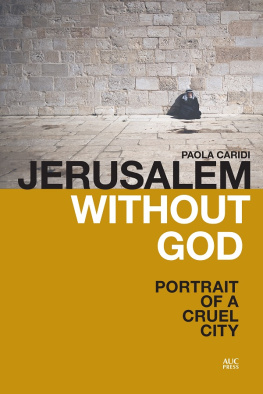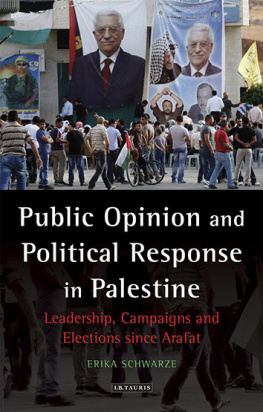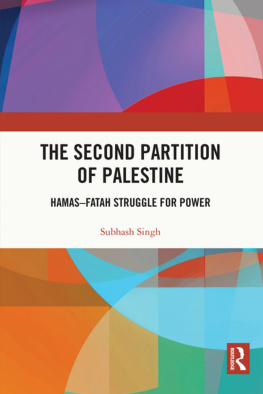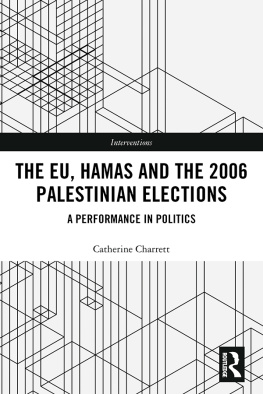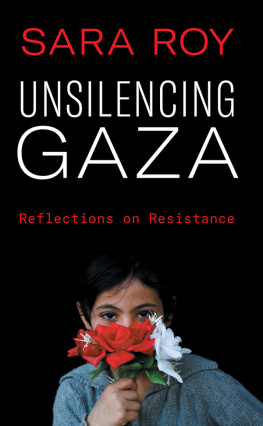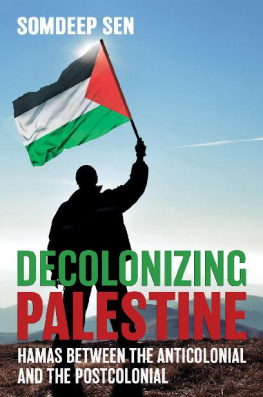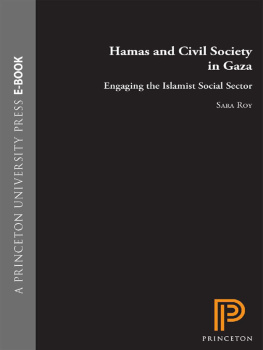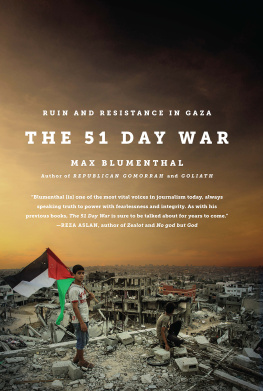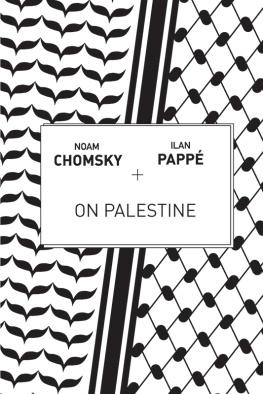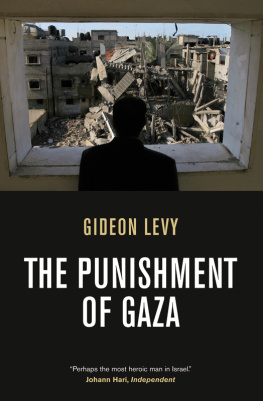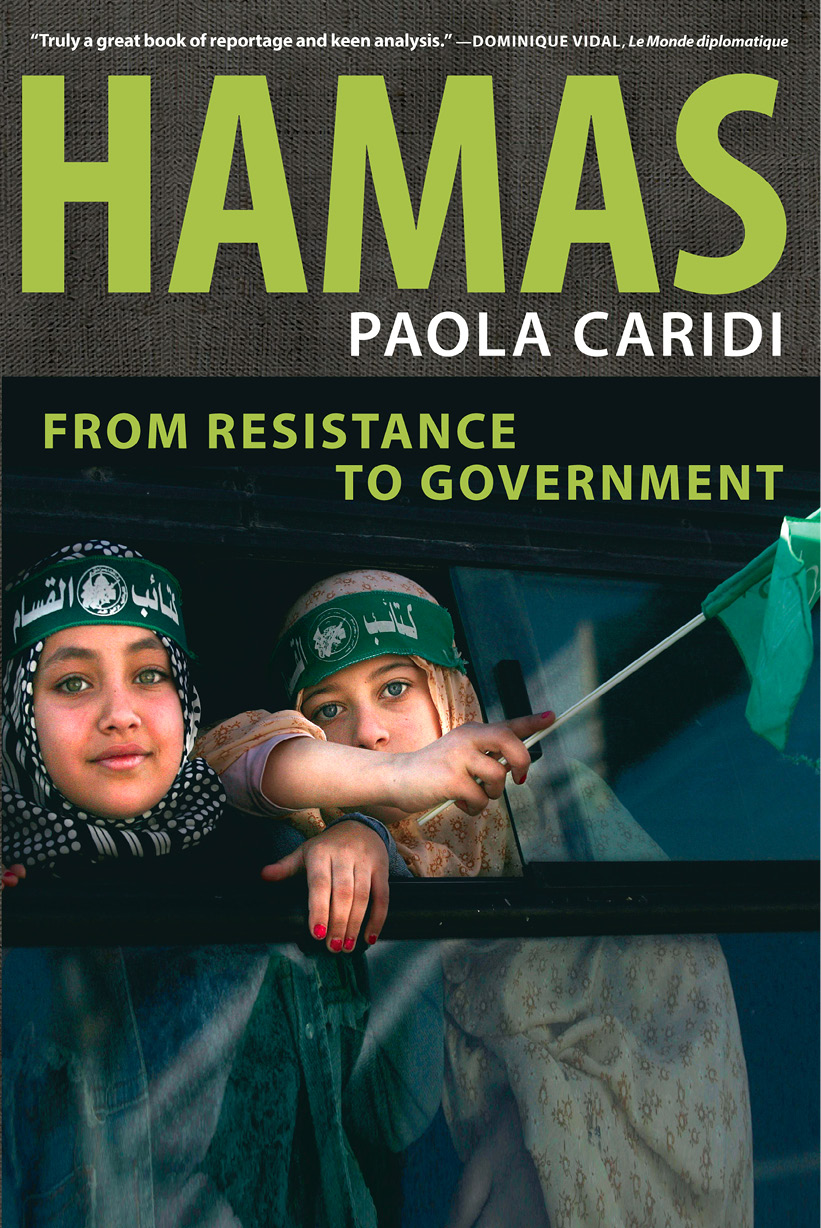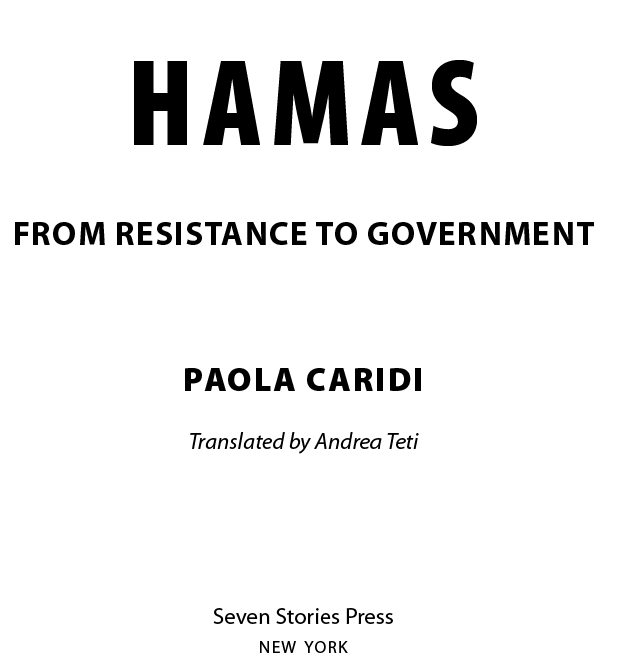Copyright 20092012 by Paola Caridi
Originally published in Italy in 2009 by Feltrinelli under the title Hamas: Che cos e cosa vuole il movimento radicale palestinese
English translation copyright 2012 by Paola Caridi and Andrea Teti
All rights reserved. No part of this book may be reproduced, stored in a retrieval system, or transmitted in any form or by any means, including mechanical, electronic, photocopying, recording, or otherwise, without the prior written permission of the publisher.
Seven Stories Press
140 Watts Street
New York, NY 10013
www.sevenstories.com
College professors may order examination copies of Seven Stories Press titles for a free six-month trial period. To order, visit http://www.sevenstories.com/textbook or send a fax on school letterhead to (212) 226-1411.
Library of Congress Cataloging-in-Publication Data:
Caridi, P. (Paola)
[Hamas. English]
Hamas : from resistance to government / by Paola Caridi ; translated by Andrea Teti.
p. cm.
ISBN 978-1-60980-382-7 (pbk.)
E-ISBN: 978-1-60980-083-3
1. Harakat al-Muqawamah al-Islamiyah. 2. Palestinian Arabs--Politics and government. 3. Islam and politics--Gaza Strip. 4. Islam and politics--West Bank. 5. Arab-Israeli conflict--1973-1993. 6. Arab-Israeli conflict--1993- I. Title.
JQ1830.A98H373313 2012
324.256953082--dc23
2011051400
Book design by Phoebe Hwang
To the memory of my teacher, Paolo Spriano, historian and journalist
Contents
by Dr. Mahdi Abdul Hadi
Chapter 1
Chapter 2
Chapter 3
Chapter 4
Chapter 5
Chapter 6
Chapter 7
Chapter 8
Maps
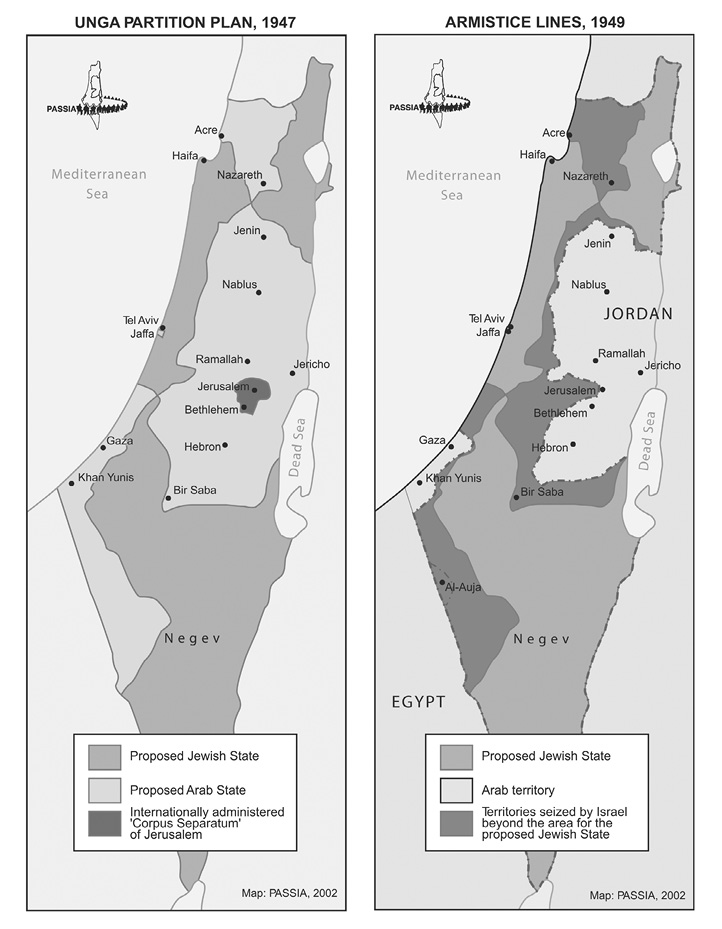
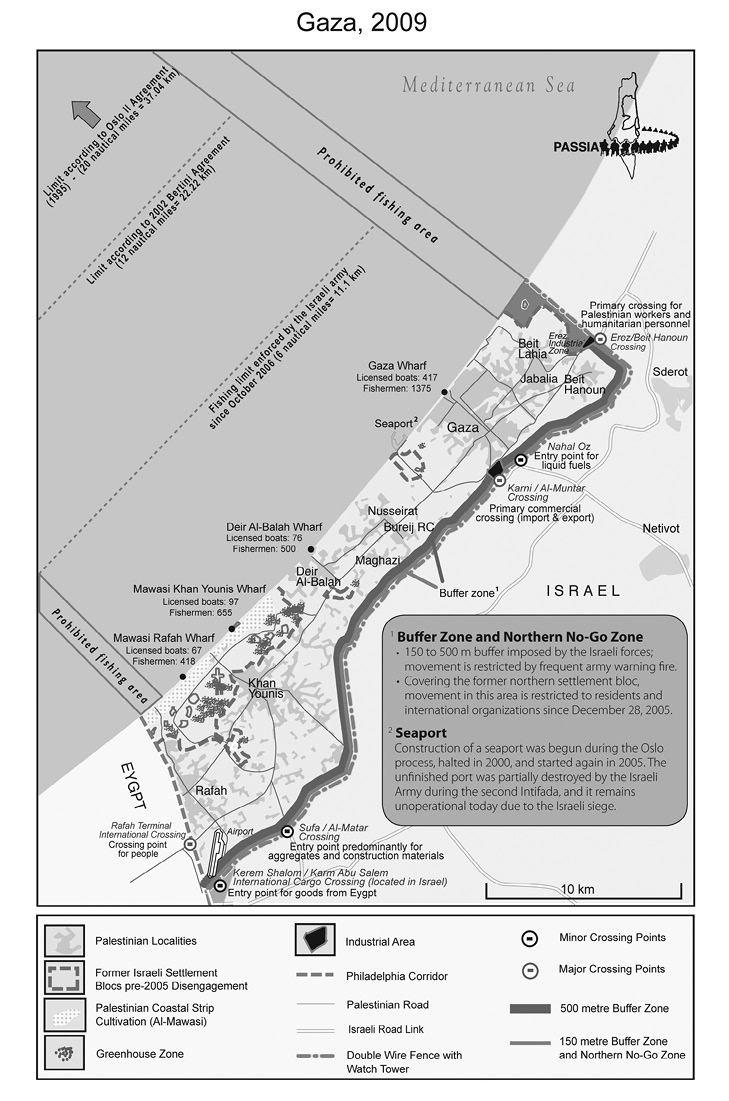
Acknowledgments
A book on Hamas necessarily handles sensitive issues and demands field research that is somehow unique. This is the reason I will not thank individuals by name. Rather, I will thank groups. Groups composed, of course, of individuals who, in different ways and at various periods during my time in the Middle East and North Africa, provided me with keys for interpretation, testimonies, evidences, insana corporis , insights, reserved or public information, opinions, and pathos.
There are notable exceptions to this, one being Raf Scelsi in his institutional role as editor at the Italian publishing house Feltrinelli, as well as in his capacity as an intellectual and a friend. His was the initial idea for this book, and he encouraged me to bring together my job as a journalist and my training as a historian of political parties. I am grateful to Raf, to his intuition and to his gentle tenacity.
It was Paolo Spriano (19251988)professor of political parties in Rome Universitys literature faculty, author of the authoritative History of the Italian Communist Party , renowned journalist, and not least of all member of the Italian (armed) Resistance against Nazi-Fascism during World War IIwho taught me most of what I know.
There are then very specific groups in which each of those to whom I am indebted will recognize themselves: friends, journalists, experts, the Pickwick Club, people on the street. I will name neither their gender nor nationalitymuch less their religious faith.
There are men and women, Israelis and Palestinians, Italians, Europeans and Americans, Arabs, Christians, Jews and Muslims. Despite the fact that this book analyzes a very specific part of Arab political Islam, I do not wish to label anyone becausefirst and foremostthey are individuals, with all the baggage that naturally comes along with their personal and community identities. To all go my heartfelt thanks, with different nuances that all know.
This English edition, first published in Jerusalem, would not have seen the light had it not been for the decision of Dr. Mahdi Abdul Hadi, chairman of PASSIA (Palestinian Academic Society for the Study of International Affairs), to invest in this book during one of the many delicate, difficult, and demoralizing periods of recent Palestinian history. My deep thanks to him not only for his support, but mainly for his intellectual work and for his role as a facilitator between the different Palestinian political cultures. Special thanks to Andrea Teti, lecturer at the Department of Politics and International Relations at the University of Aberdeen, who decided to jump into the adventure of translating this book with enthusiasm, working between Jerusalem and Aberdeen, Naples and Sydney. My very special and informal thanks to Deniz Altayli, who dedicated her time to edit and review the book with her proverbial rigor and helpfulness, and to Imad Farrah, for his support.
Dan Simon of Seven Stories Press honored me with his choice to publish the American edition of my book, providing support to the idea of reading Middle East political history in all its complexity, without resorting to a simplified, stereotypical, useless picture. Jeanne Thornton for Seven Stories guided the process of updating the American edition with care and dedication. The new edition includes both a full chapter devoted to Hamass political evolution after Operation Cast Lead and a revised epilogue, both products of my continuing assignment, since 2003, as a journalist in Jerusalem, for which I not only follow the daily evolution of the politics of Hamas and the Palestine people, but also continue to research the stages of Hamass history. Ive also decided to add details here and there throughout the text that I consider important to the understanding of the whole picture.
The last (but not the least) thank you, the one that stands foreverbefore, beyond, and after this bookgoes to my precious family. Especially for the deep patience that each of its members showed during the long stretch I was researching life and politics in Palestine for this book. With passion.
PC
Jerusalem
December 2011
Translators Note
The original text was translated with the privilege of close and fruitful collaboration with the author, to whom my thanks must go first and foremost. I am grateful to Paola Caridi for affording me the responsibility and the privilege of translating a book that is certainly timely, informative, and insightful. Accessible to readers of all backgrounds, this book is thoroughly useful to both specialist and nonspecialist audiences. I am also grateful to Dr. Mahdi Abdul Hadi and to PASSIA for generously supporting this undertaking.
In coordination with the author, the original Italian text has been modified in places, changing certain expressions, sentence constructions, and some of the original Italian references for an English-speaking audience.
Terms in Arabic have been rendered either as those best known in English, according to the spelling most commonly in use, or in the case of all others, according to a transliteration that avoids specialist conventions. Names of authors are given as spelled in the publications referred to. All terminology relating to the land occupied by Israel during the 1967 War has been modeled on OCHA (the United Nations Office for the Coordination of Humanitarian Affairs) conventions.
All of the translations limitations and faults remain entirely my own.


